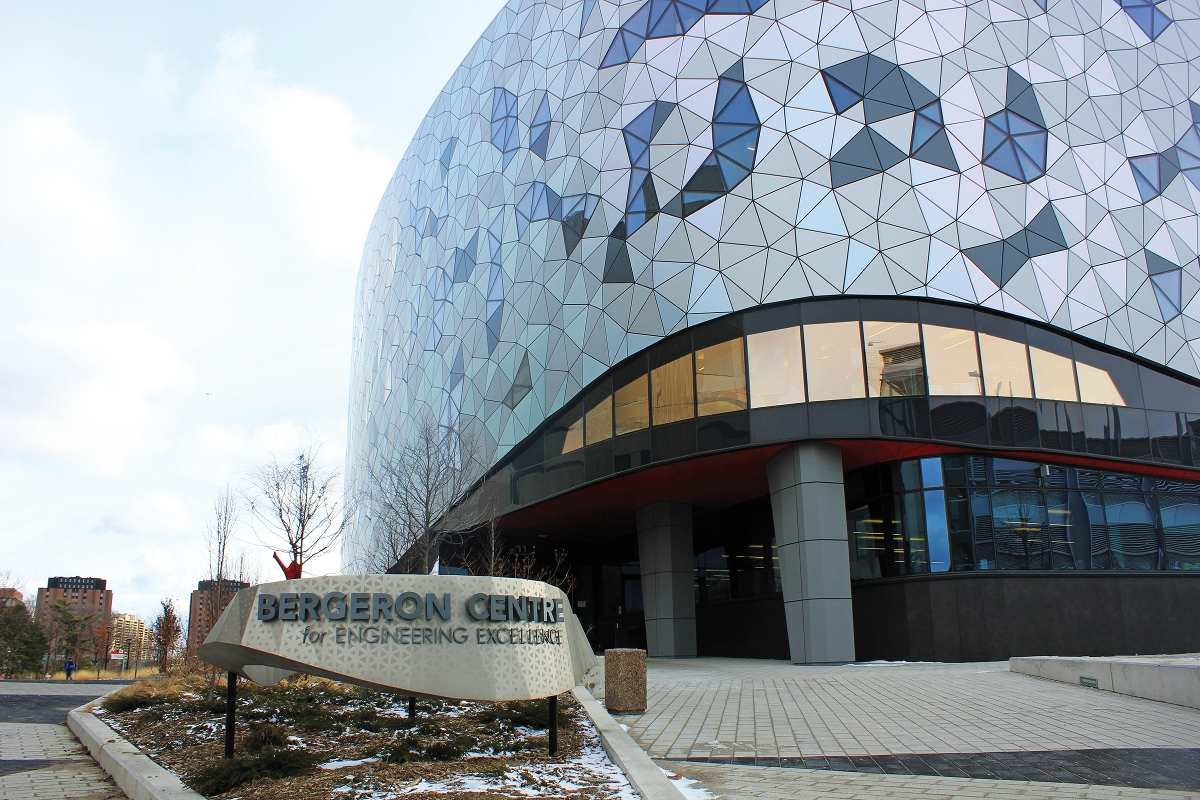Abdeali Saherwala | Staff Writer
Featured image: Reimagining Women’s Rights panel was hosted at York on March 8. | Basma Elbahnasawy
To mark International Women’s Day on March 8, the Centre for Human Rights, Equity and Inclusionorganized a roundtable focusing on women’s rights, with an emphasis on intersectionality and inclusivity.
Presented in partnership with Lassonde, the Office of Alumni Relations, and the Faculty of Liberal Arts & Professional Studies, the roundtable was held in the Senate Chambers at the Ross Building; the panel included four women. York’s Centre for Human Rights, Equity and Inclusion hosted the discussion, which was titled “Reimagining Women’s Rights,” intended to address issues such as: ableism, ageism, transphobia, racism, and indigeneity in the realm of women’s rights.
The three panelists welcomed were Shyra Barberstock, president and CEO of Okwaho Equal Source; Minha Ha, a PhD candidate in Mechanical Engineering at Lassonde; and Kyisha Williams, a filmmaker and public health professional.
The roundtable was moderated by Supriya Dwivedi, who hosts the Morning Show on Global News Radio 640 Toronto, and is a frequent commentator on CBC’s “Power and Politics.”
The panelists were asked questions such as: “What is missing from the current discussion about women’s rights, and how are these conceptual deficits impacting efforts of inclusion and integration?” and “Within a new conceptualization of women’s rights, what would be the most effective strategies to expand understanding of experiences within the broad parameters of women’s rights, set priorities to eliminate structural barriers, advance inclusion through institutional change, and accelerate change in values, beliefs, and behaviours across communities?”
“We have equality on paper, in terms of our laws, but in practice that isn’t reflected in society.
“Because we’re 50 per cent of the population. No reasonable person should be advocating against equality for literally half of the population,” Dwivedi says.
Throughout the discussion, each panelist shared personal experiences of facing harassment directly, observing other women being harassed, and standing up against harassment for themselves or others.
Williams stated that removing the biases against women, which claim they are inferior to men, starts at a very early age for young boys. Additionally, she stated that empowering women begins from an early age by empowering young girls.
Barberstock focused on breaking down stereotypes, mentioning herself, as an Indigenous woman who is also the president of an international company, as well as completing her PhD, as an example of this.
Ha discussed how agreeing on a common vision for everyone by a society is half the battle in solving a problem. She also suggested leadership or ethics training must be available to all those in leadership roles, in order to better adjust themselves to the needs of their students.
After the discussion, the moderator read the takeaway questions, and later encouraged the audience to participate in a Q & A period.
According to Dwivedi, the main takeaways from the roundtable were “the need to engage people outside of our immediate social circles in the discussion of advancing women’s rights.
“We need to be inclusive and intersectional, to ensure we’re advancing the rights of all women.”


